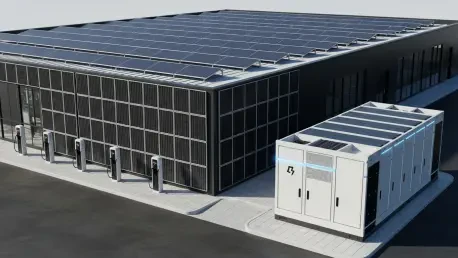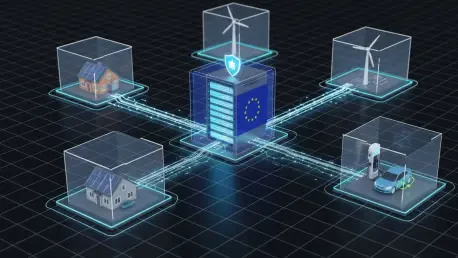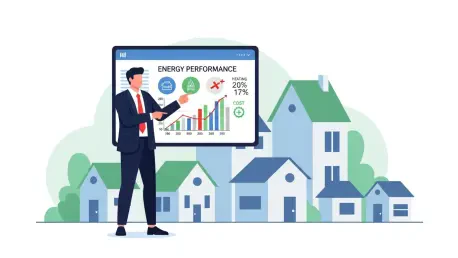
As a severe winter tightens its grip across the continent in January 2026, Europe finds itself confronting a harsh reality that extends far beyond the dropping temperatures: a critical and widening gap in its energy strategy. This "transition energy" shortfall, a chasm between the continent's

Amid a climate of economic uncertainty and delayed investments that has cast a shadow over the renewable energy landscape, the need for a unified platform to foster resilience and drive progress has never been more pronounced. Elmia Solar, now in its third edition from February 3–5, emerges as that

The ambitious and necessary transition to a decentralized green energy grid across Europe has inadvertently forged a digital battlefield where the continent's power supply is now the primary target. While millions of connected energy assets like solar inverters, electric vehicle chargers, and heat

The global shipping industry, the lifeblood of international trade, faces an unprecedented challenge in navigating the turbulent waters of decarbonization, and one of the world's largest charterers is now steering a new course. In a significant move toward a sustainable maritime future,

Millions of tenants across the United Kingdom reside in homes that are inefficient and costly to heat, a persistent problem that directly impacts both household finances and national climate goals. In response, the government has established a firm and sweeping new mandate for private landlords,

In a significant move to combat the growing burden of energy costs on vulnerable New Yorkers, National Grid and the National Grid Foundation have officially launched a comprehensive $5 million statewide initiative. This strategic program, set to unfold over the next two years, is meticulously